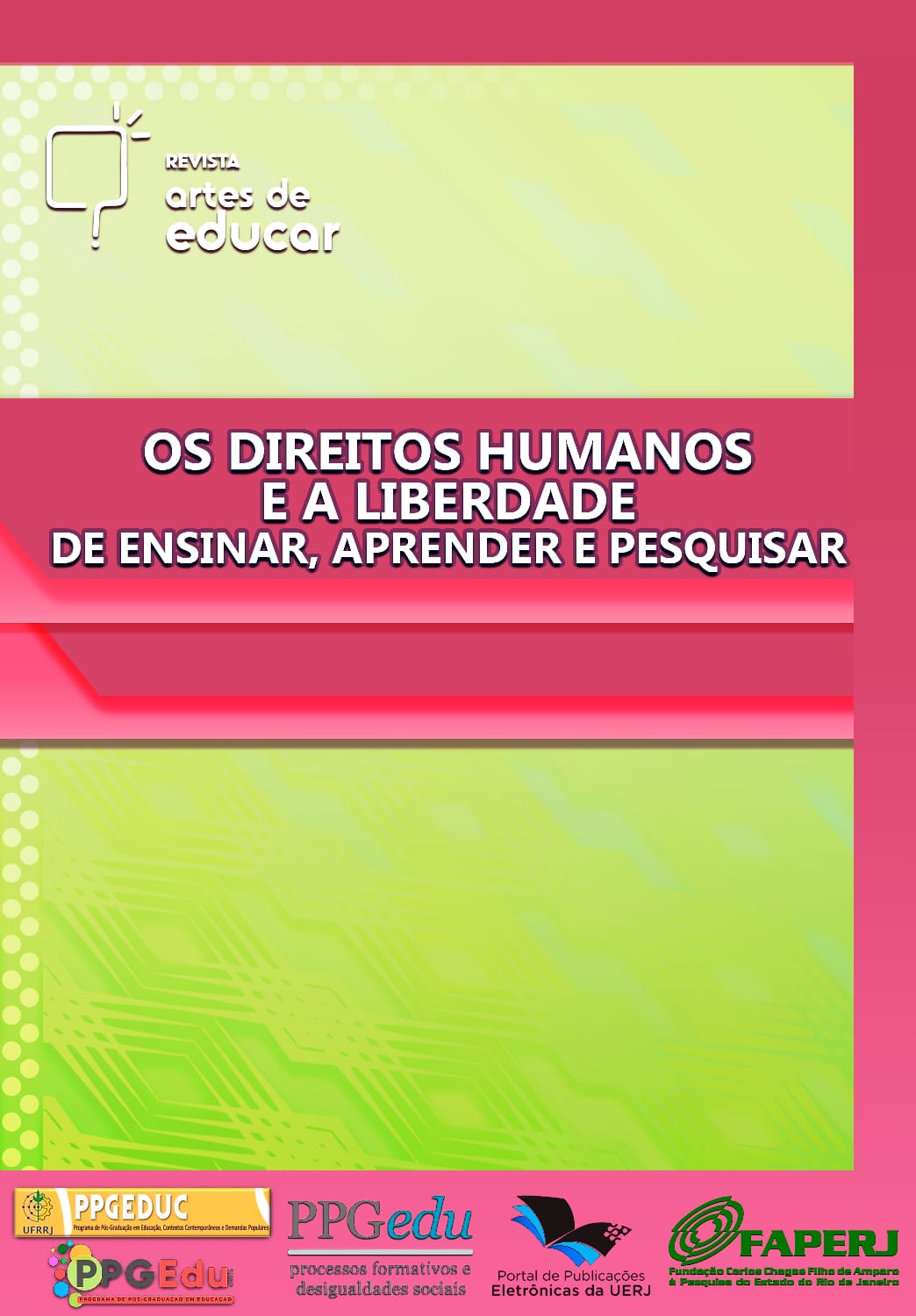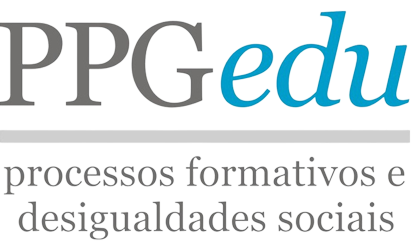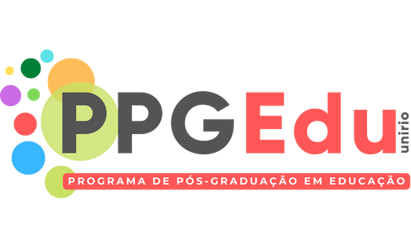NEO-FASCISM COMPETING EDUCATION IN BRAZIL : FASCISM AS A DETERMINANT OF ESCOLA SEM PARTIDO
DOI:
https://doi.org/10.12957/riae.2024.83593Keywords:
Escola sem Partido, Fascism, Determination, Neo-fascismAbstract
After 2013, reactionary and conservative movements that already existed and that defended anti-democratic and neo-fascist positions gained strength and projection. A portion of these movements is characterized as belonging to the new right wing, also called new conservatism (LACERDA, 2019). And, the Escola sem Partido (ESP) is considered as one of the members of this new right wing. The influence of such groups contributed to the effectuation of the coup that ousted Dilma in 2016, to the election of Jair Bolsonaro as President in 2018, which, consequently, resulted in the intolerance situation in which the country finds itself. In other words, understanding these groups, how they act, what their intentions and influences are, it can help to understand the current Brazilian scenario. In this sense, this study aims to demonstrate how fascism is a determinant of ESP, conditioning and influencing its existence. According to Dialectical Historical Materialism - the theoretical and methodological orientation of this work - the determinations are constitutive traits of the studied phenomena, other phenomena that connect to the object of study and influence its actions, its way of existing. Through bibliographical research, availing ourselves mainly of the contributions of Eco (2018) and Konder (2009) on fascism, the study points out several fascist similarities and characteristics in ESP that put the freedom of teaching and learning at risk, contributed to a constant persecution of educators, thus highlighting how fascism is configured as one of the determinations of the said reactionary movement.
Published
How to Cite
Issue
Section
License
Copyright (c) 2024 Hilheno Oliveiral Miranda, Ennia Débora Passos Braga Pires, Soane Santos Silva

This work is licensed under a Creative Commons Attribution-NonCommercial 4.0 International License.
Authors retain copyright to their work, are permitted to publish and distribute their work online (e.g., in institutional repositories or on their personal page) at any point before or during the editorial process, as this may generate productive changes, as well as increasing the impact and citation of published work.
The acceptance of the text implies the authorization and exclusivity of the Revista Interinstitucional Artes de Educar regarding the right of first publication, the published works are simultaneously licensed with a Creative Commons Attribution-Non Commercial 4.0 International License 























